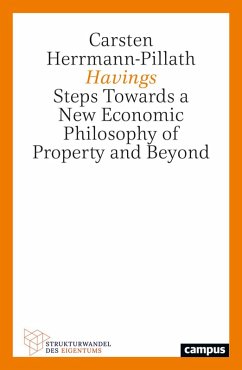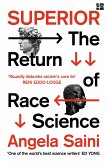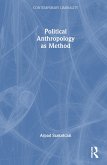Exploring the economic, sociological, and philosophical implications of property, this book aims to overcome the conceptual and ideological limitations inherited from 19th-century debates and legal developments. It introduces a new conceptual framework that substitutes the term »property« with the terms »having« and the neologism »havings«, analyzed through two dimensions: the action modes of having (appropriation, recognition, and assignment) and the structural modes of havings (possession, ownership, and property). After presenting two case studies, the final chapter outlines a new economic system that moves beyond the polarity of capitalism and socialism, grounded in the multidimensionality of having. The study addresses a wider audience in economics, social sciences, philosophy, and jurisprudence.Open Access eBook availablehttps://creativecommons.org/licenses/by-nc-sa/4.0/legalcode
Bitte wählen Sie Ihr Anliegen aus.
Rechnungen
Retourenschein anfordern
Bestellstatus
Storno








